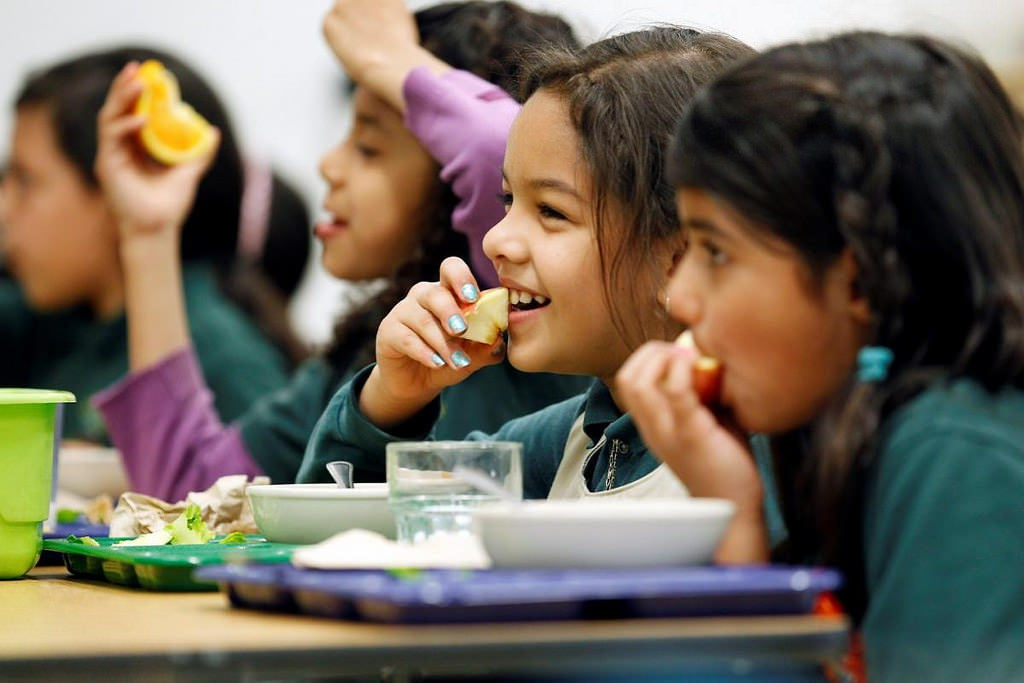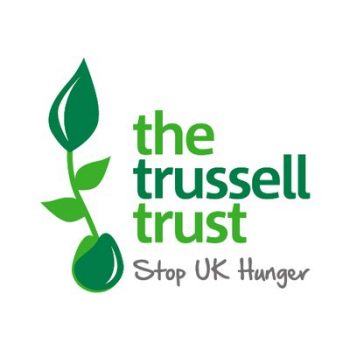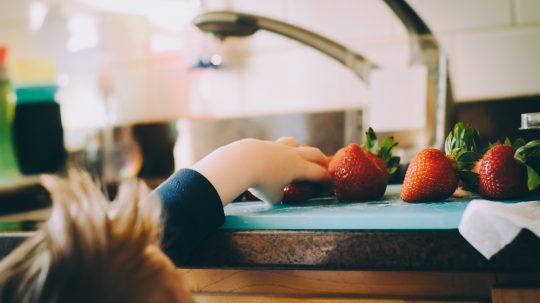The UK government must ensure children on free meals do not go hungry if schools are forced to close amid the coronavirus pandemic, charities have urged.
Prime minister Boris Johnson announced on Thursday (12 March) that schools will for now remain open unless specifically advised to shut, as the government officially moved to the “delay” phase of its Covid-19 response.
There would be no chance of “keeping children not speaking to each other or playing with each other over 13 to 16 weeks” if closures came into effect now, chief scientific adviser Patrick Vallance added.
Some 18 charities and academics have written to chancellor Rishi Sunak, education secretary Gavin Williamson, housing secretary Robert Jenrick and education minister Vicky Ford to ensure families “can put food on the table” if and when closures comes into effect.
They recommend direct cash transfers as being “by far the most effective tool in order to aid families to weather the storm” and preferable over vouchers for food aid or funding for lunch clubs.
Around 1.5 million children across the UK are currently eligible for free school meals as their families living on a very low income, according to food charity Sustain.
Among the signatories are Church Action on Poverty, the Independent Food Aid Network and academics from several universities.
Charities/academics calling for cash transfers to help families with school closures @UKSustain @Food_Foundation @magic_breakfast @churchpoverty @Project17UK @readifood @kdyfoodbank @right2fooduk https://t.co/sXJ5oatEMC
— IFAN UK (@IFAN_UK) March 13, 2020
Kath Dalmeny, Sustain’s chief executive, said: “If schools shut to prevent the spread of coronavirus, their families will struggle to be able to afford to feed their children at home, and will not be able to stockpile food supplies if they are self-isolating.
“Food banks are already at more than full stretch, so cannot be expected to meet increased need.
“The government must immediately make it clear how they will help the poorest families by making sufficient emergency funds readily available for people to be able to buy food if the impacts of coronavirus disrupt food supplies and increase prices.”
The charities are also calling for emergency funds to be directed to children who are ineligible for free school meals due to their parents’ immigration status.
Eve Dickson, from charity Project17, said: “Destitute families with no recourse to public funds have no welfare safety net to fall back on.
“School closures and other preventative measures are likely to put additional strain on families who are already facing extreme poverty.
“Support networks will be more quickly exhausted, single parents may be unable to work, and supporting organisations may close or be at reduced capacity.
“As a result, there will be an increase in homelessness, hunger and health issues amongst these families.”
Latest government figures indicate that 798 people have tested positive for the virus and 10 people have died, although prime minister Johnson has said that as many as 10,000 people may now have the virus but have not been tested.




